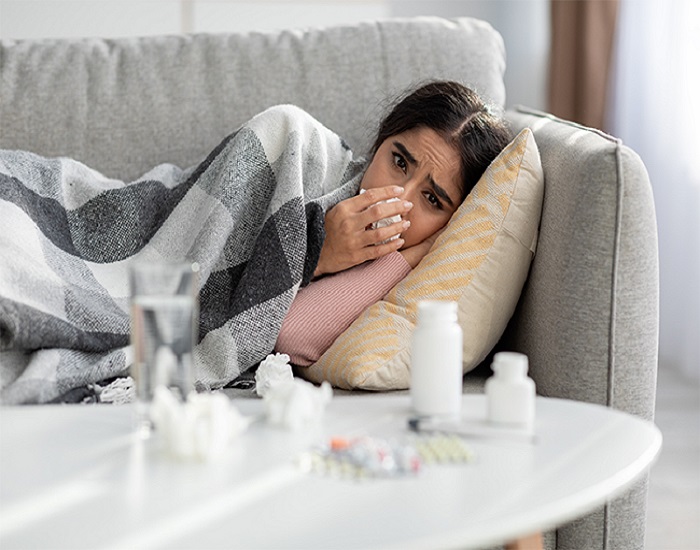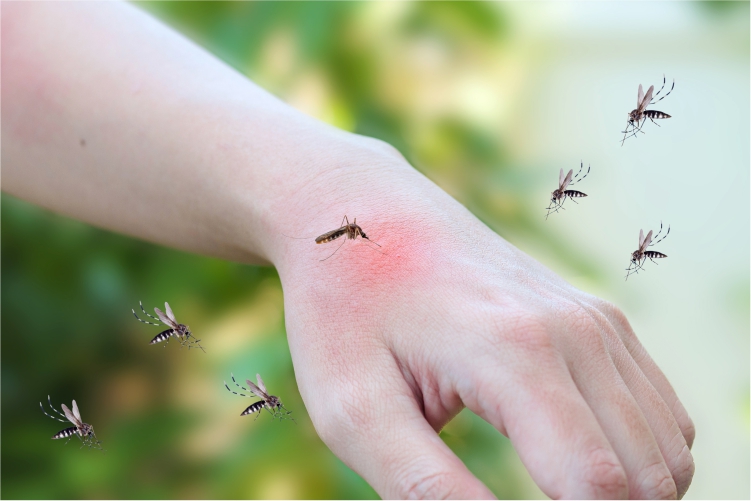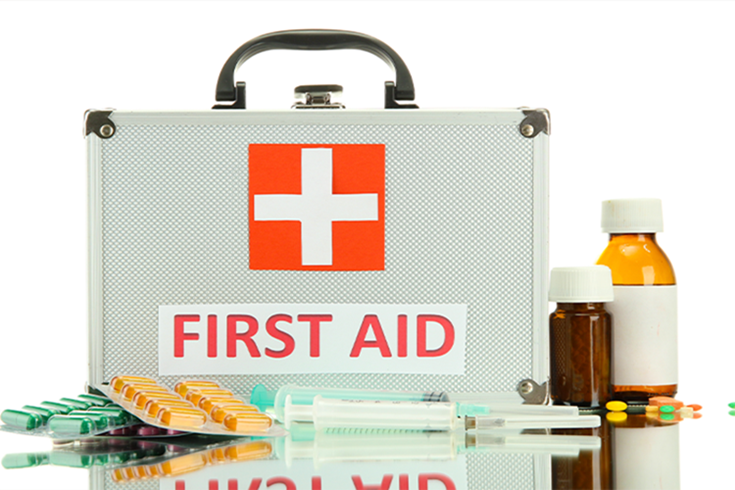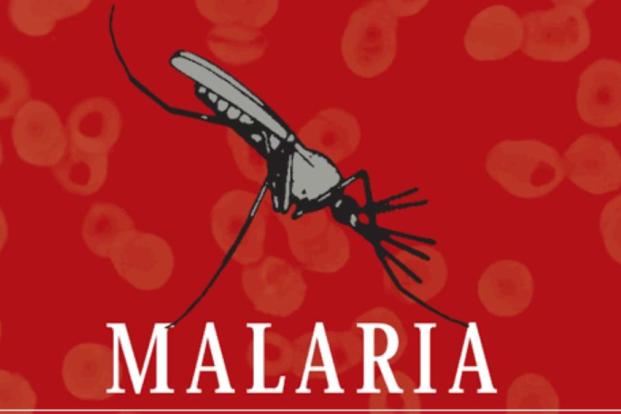Prevention of Dengue
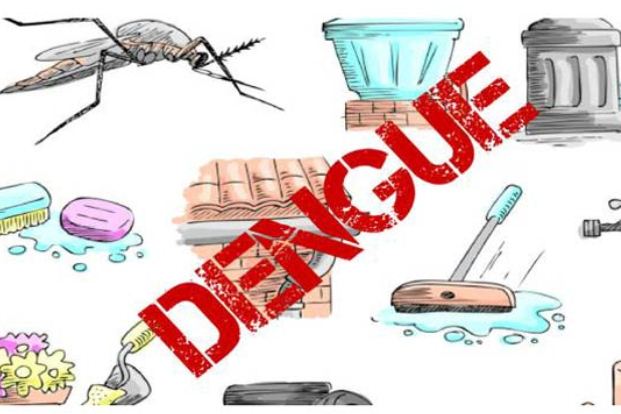
Apr 19, 2022
Dengvaxia is a dengue fever vaccine, which is presently approved for people aged between 9 – 45 years, living in areas having higher occurrences of the dengue fever. It is provided in 3 doses across the course of 1 year. Denvaxia prevents the dengue infections little more than half the time. This vaccine is only approved for the older children as the younger vaccinated kids may be at an increased risk of getting severe dengue & hospitalization 2 years post receiving this vaccine.

The WHO has stressed that the vaccine isn’t effective all by itself to curb dengue in the areas where the ailment is common. Controlling the mosquito count & human exposure to them still remains the most critical aspect of preventive measures.
Hence, presently, avoiding bites by infected mosquitos for prevention of the dengue fever remains the best measure for people staying or traveling to areas with prevalent dengue. Below suggestions should help us reduce our risk of mosquito bites if we live or travel to some tropical area where dengue is commonly prevalent:
- Stay in a well-screened or an air-conditioned housing– Mosquitoes which carry dengue viruses are most active between dawn and dusk, however, they may also bite during the night.
- Wearing protective clothing– Wearing long pants and full-sleeved shirt along with socks and shoes are highly protective during our visit to some mosquito-infested area.
- Use of mosquito repellent– Permethrin may be applied to our clothing, bed netting and shoes. We could also buy/use a clothing made with permethrin in it. For our skin, we can use some repellent containing at least 10% concentration of DEET.
- Prevent mosquito habitat- Mosquitoes carrying dengue viruses usually breed in standing water. We should eliminate or regularly clean any potential source of mosquito habitat i.e. old tyres, an old bucket, animal dishes, containers, etc, so that the mosquitoes have lesser areas to lay eggs. Their population can be reduced by eliminating their habitats in such ways. If collecting some water is compulsory for some purpose, it’s containers should be cleaned and covered.


